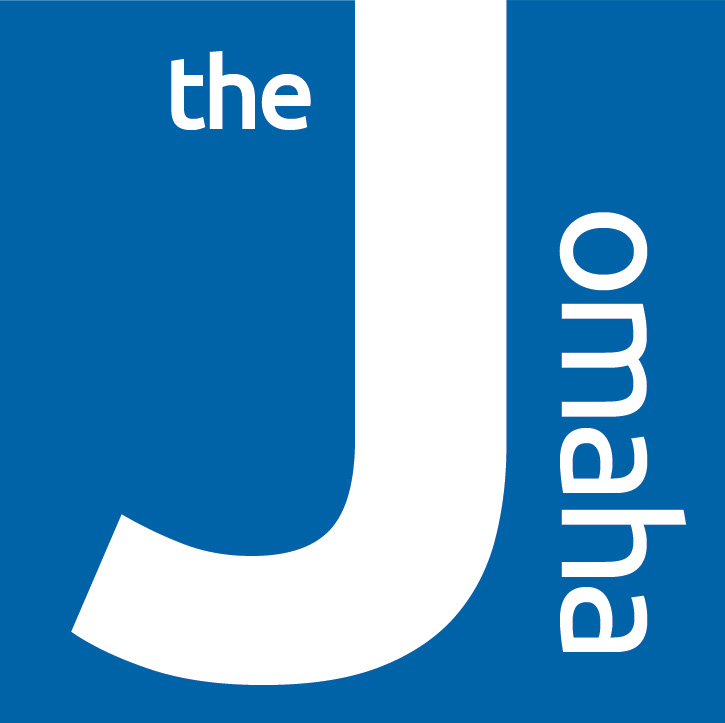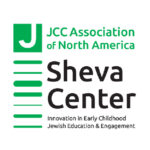
Pennie Z. Davis Early Learning Center
Curriculum
The Pennie Z. Davis Early Learning Center implements an emergent curriculum practice based on teachers’ careful observations of children. Emergent curriculum is a process where teachers plan activities and projects based on their specific group of children. Teachers take into account children’s needs, interests, and developmental skills to create situations where children can be successful and guide their own growth and learning. Projects and long term activities stem directly from children’s own questions and curiosities. This practice is developmentally appropriate and based on the theories of noted child development experts Dewey, Piaget, and Vygotsky.
The Early Learning Guidelines: Nebraska’s Birth to Five Learning and Development Standards is a resource to provide information about young children’s learning and development. The Guidelines are intended to assist adults in planning and providing meaningful learning experiences and environments for children in their care. CDC Teachers work together with our Curriculum Coordinator to ensure that activities are developmentally appropriate and meet the Early Learning Guidelines.
Sheva Center's Early Learning Framework
The Pennie Z. Davis Early Learning Center is a member of the Jewish Community Center Association (JCCA) of North America. The Sheva Center for Innovation in Early Childhood Jewish Education and Engagement is a department of the JCCA of North America. The Sheva Center has created an Early Learning Framework which outlines a vision of excellence in early childhood Jewish education. It is meant to be a learning platform, not a curriculum.
The Sheva Center has defined seven Jewish lenses which provide an ethical model for living, a set of resources designed to help us experience increased sanctity in an increasingly confusing, commercial and difficult world. They inspire as much as they inform. The lenses influence all aspects of our practice- the ways in which we structure our time, our curricula, and our classrooms; the quality of our relationships with students; and the partnerships we forge with the families in our communities.
Judaism is not exclusively a matter of the “what” or “when” in the world of ritual and faith, but includes the deeper matters of the “how” and “why” of the totality of our lives and our relationships to the world as a whole. It welcomes diversity, inclusion, reflection, and innovation. We do not view our Judaic practice as separate, but as an integral part of our emergent curriculum.
- MASA (JOURNEY)
Reflection, Return, and Renewal - TZELEM ELOHIM (DIVINE IMAGE)
Dignity and Potential - BRIT (COVENANT)
Belonging and Commitment - DRASH (INTERPRETATION)
Inquiry, Dialogue and Transmission - HITORERUT (AWAKENING)
Amazement and Gratitude - TIKKUN OLAM (REPAIR OF THE WORLD)
Responsibility - KEDUSHA (HOLINESS)
Intentionality and Presence
We as teachers are learning right along with our students. As the Early Learning Center staff integrate these Jewish lenses into our practice, these terms will become common language within our community. We look forward to sharing our learning with you throughout the year.
Developmentally Appropriate Practice
Developmentally appropriate practice represents the cornerstone of philosophy and practice at the Early Learning Center. It is a set of principles that honor the general sequence of child development and also each child’s individual differences. Lessons planned, activities organized, and experiences that evolve are measured as to the appropriateness for the group and also for the individual child’s physical, social, intellectual, and Judaic development at any given point in time.
Developmentally appropriate practice enhances children’s development and facilitates learning while avoiding the stressors created in a highly academic, teaching environment. The teacher’s role becomes that of facilitator and enabler…one who sets up the environment to encourage development of skills, to spark interest, and to allow for independence.
In the course of their days at the Early Learning Center, children are given blocks of time to move freely about the classroom, self-selecting activities set up by the teacher. Resources available to children contain the “seeds” of learning through: dramatic play, puppets, books, puzzles, manipulatives, blocks, water and/or sand, and large muscle activities in both indoor and outdoor environments.
Incorporating developmentally appropriate practice by definition allows children to do the “work” they are best capable of, which we often call “play.” “Play involves a free choice activity that is self-motivated, enjoyable and process oriented” (Johnson, Christie & Yawkey). Time to play allows children to lay the many and varied experiences foundational to later success physically, socially and academically.


